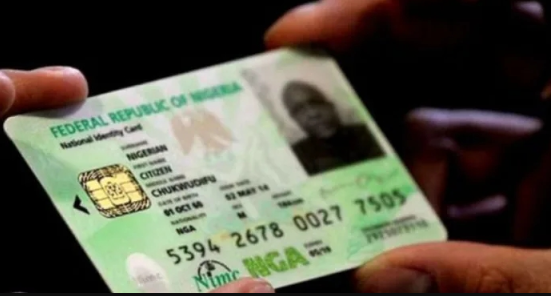A significant number of poor and vulnerable people may be excluded from the Federal Government’s cash transfer programme, as the World Bank disclosed that less than one per cent of them have their National Identity Number (NIN).
According to the Implementation Completion and Results Report on the National Social Safety Nets Project released recently by the World Bank and seen by Nairametrics, the target percentage of individuals registered in the National Social Registry with a valid national ID number from the National Identity Management Commission (NIMC) was 20 per cent by June 30, 2022.
However, as of December 31, 2022, only 0.10 per cent of the total poor and vulnerable Nigerians on the registry had NIN.
On the reason for the failure to hit the target, the document read:
- “The expansion of the National ID was very slow and beyond the control of the program. NASSP used other means to verify the identity of the beneficiaries collecting the CTs.”
It means that out of the 9.67 million (9,666,420) total beneficiaries of this project, only about 9,670 persons have NIN.
According to recent media reports, the Federal Government is reviewing and expanding the National Social Register and will disqualify those without NIN and Bank Verification Numbers (BVN).
There is a likelihood that about 9.66 million poor and vulnerable may be excluded from the registry if they fail to get their NIN.
The NIN crisis
Although over 100 million Nigerians linked their NIN with SIM within three years, the issuance of the NINS has been marred by delays and extortions despite efforts by the NIMC.
There have been several reports of a technical hitch in the NIN verification portal, especially in 2022.
In an effort to resolve the increasing challenges of NIN/Passport clearance, the Federal Government relocated the NIMC from the Ministry of Communications, Innovation, and Digital Economy to the Ministry of Interior.
The NIMC recently introduced a self-service solution enabling Nigerians to enrol for their NIN conveniently via their smartphones, but this solution is yet to be implemented.
More insight
In 2016, the Federal Government of Nigeria and the World Bank collaborated to establish the National Social Safety Nets Coordinating Office (NASSCO) to improve Nigeria’s social safety nets and social protection system to end severe poverty and increase opportunities for all citizens.
The agency oversees the National Social Safety Net Programme and reports to the Federal Ministry of Humanitarian Affairs, Disaster Management, and Social Development.
The World Bank offered a credit of $500m to support the social safety net programme, which was to end by June 2022 but was extended to December 2022 due to some payment delays.
Also, the World Bank approved another $800m to scale up the programme to 2024, and it is one of the fuel subsidy palliatives of the current administration.
In honour of the 2023 International Day for the Eradication of Poverty, President Bola Tinubu recently inaugurated the disbursement of N25,000 to 15 million households for three months as a social safety net initiative.
